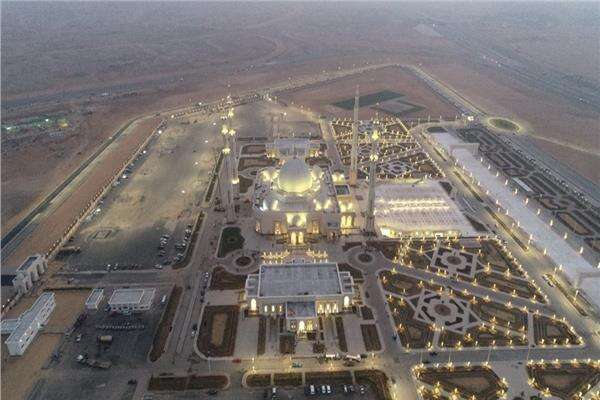Over the tenures of ex-presidents Mohamed Anwar Al-Sadat (1970-1981) and Mohamed Hosni Mubarak (1981-2011), the special forces department of the Egyptian army was neglected after repeated operational failures. This persisted until 2012, when Abdel Fattah Al-Sisi assumed the ministry of defense. Since then onwards, special forces retrieved vitality over the armed insurgency in Sinai led by Jihadists, who would soon later announce loyalty to ISIS. Now, the army’s special yields special status within the army’s departments coming first in Al-Sisi’s visits to the army’s units and in joint military exercises the Egyptian army participates in. Even in public, special focus is shed on its role and operational successes in propaganda produced by the military.
The Egyptian Military Special Forces were established in the 1950s over the Egypt-Israel military conflict, then on fire. According to a recent analysis on Mada Masr, the Egyptian Special Forces yielded honorable reputation with heroic missions and successful operations over the six years of Egypt-Israel War (1967-1973) turning to be an ideal for the other Arab countries, which attempted to copy the example.
However, the twilight of the battle over Sinai brings with it a twilight of the efficiency of the Egyptian Special Forces. The unit designed essentially for a traditional war with the Israeli army failed to update for asymmetric warfare Egypt engaged in. Postwar, the Egyptian Special Forces implements three missions, one succeeded while two miserably failed.
The first operation was in 1976, when Libyan militants hijacked a passenger flight and forced it to Luxor Airport demanding the release of three Libyans detained in Egypt for an assassination attempt ordered by Al-Gaddafi for a Libyan dissident residing in Egypt. A special forces squad freed the flight with zero casualties. But in 1978, the precedent success was buried by a catastrophic failure. Egyptian special forces squad raided Larnaca International Airport to arrest 2 assassinators killed Egypt’s culture Minister Yusuf Sibai and rounded up hostages on a flight. Due to the absence of official coordination, Cypriots attacked the Egyptian commandos killing 15 of its members and injuring other 17 of a 70-member squad. The operation was aborted, while the 2 assassinators had already surrendered to Cypriot authorities before the Egyptian raid.
In November 1985, Egyptian counter-terrorism squad again raided Luqa Airport in Malta to free an Egypt Air passenger flight hijacked by Palestinian militants. The commandos attempt was lethal for the hostages killing 57 persons including 8 children. The mission which gave example for special missions’ failures led Mubarak’s administration to keep the Egyptian special forces in check despite the rising challenge of Jihadist terrorism in the 1990s. Later on, special forces turned to be no more than “models” for military parades in national events.
When Al-Sisi assumed the ministry of defense, the enthusiastic general ordered developing the existing special forces units, establishing new units special for counter-terrorism, renewing the training modes and investing in new equipment. Sinai represented the test field for the new units after the failures of the traditional units in combating ISIS. Nevertheless, the novel units were not much better the old-fashioned ones.
Mada Masr reported foreign military experts involved in training the Egyptian units, who explained that the Egyptian military command has adhered to a dated model of ill-trained shock troops inlaid with special forces that act only as promotion of the efficiency of troops. This model keeps special forces units dependent on the support of other traditional units with its shortfalls depriving them of capabilities necessary to implement special missions and turning them into no more than elite infantry units. Instead, analysis advises a joint special forces command to collect and integrate components from the various army’s branches creating self-sufficient formations capable of implementing operations independently.
This integrative model would allow to standardize recruitment criteria keeping special forces exclusive for qualified members not for ill-trained unexperienced elements as the status quo. Nevertheless, here is the dilemma’s knot. Joining special units used to be competed by officers for the advantages of such position. This turns recruitment into a field of building loyalties and interest networks instead of being condition only by qualification and efficiency. So the high commanders of the army are keen on preserving its control over the different branches and divisions to maintain their power and personal interests.




Recent Comments